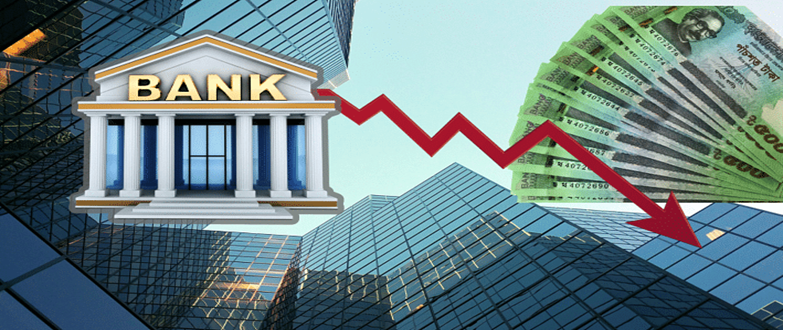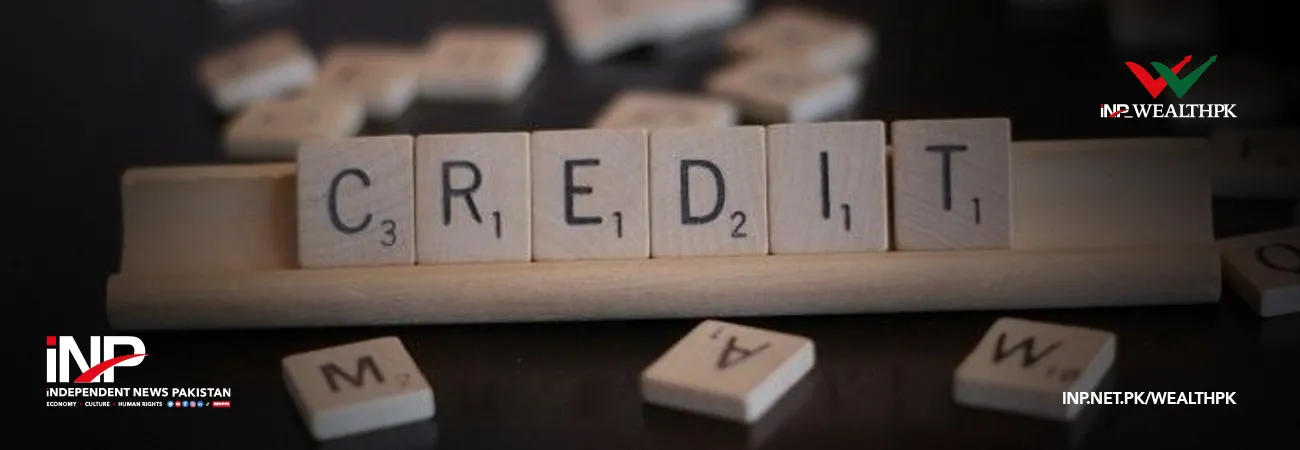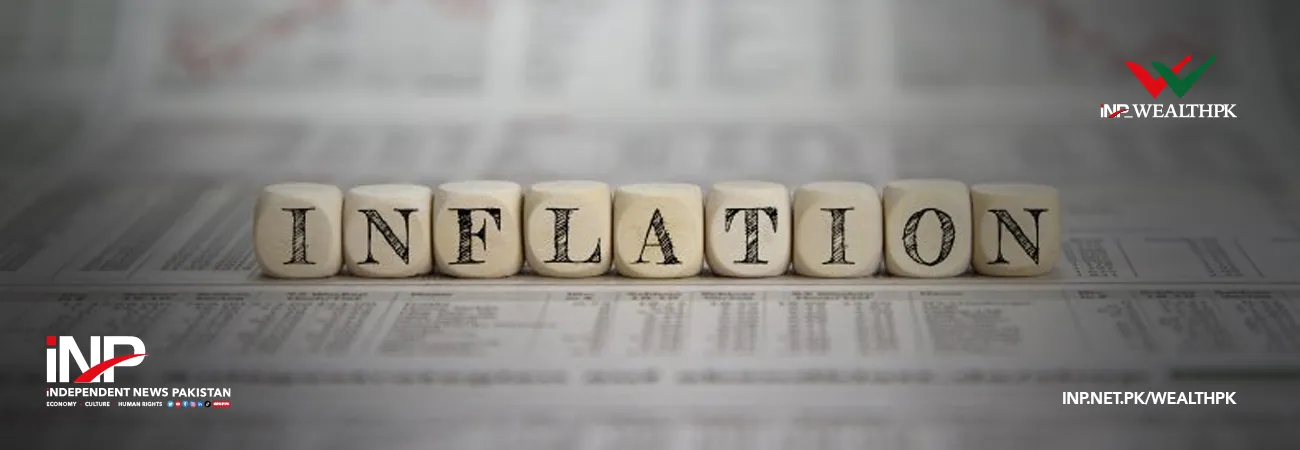INP-WealthPk
Qudsia Bano
Pakistan has witnessed a sharp surge in private sector credit during the first nine months of the ongoing fiscal year 2024-25, which rose to Rs767.6 billion from just Rs265.2 billion in the same period of FY24. This near threefold increase came as overall monetary expansion slowed to 4.5% from 7.2%, driven by a decline in government borrowing and a more stable external sector.

According to the Pakistan Economic Survey 2024-25, the slowdown in broad money (M2) growth was due to improved foreign exchange reserves, current account surplus, and reduced reliance on domestic financing. The net foreign assets (NFAs) of the banking system rose by Rs1,162.7 billion, while the net domestic assets (NDAs) grew only by Rs441.4 billion, far below last year’s increase of Rs1,568 billion. According to experts, this shift from public to private sector borrowing could be a healthy sign for the economy, suggesting a growing appetite for business investment.
Sohail Ahmed, Senior Research Analyst at Karachi Institute of Economic Studies, told WealthPK that the credit jump reflected optimism among businesses following the central bank’s easing stance. “We’re seeing confidence return slowly as interest rates have started falling. Businesses that postponed expansion are now coming back to banks for financing,” he said. “It’s a positive development, but sustaining it will depend on consistent policies and low inflation.”
Similarly, Sana Rafiq, Assistant Professor of Economics at Punjab College of Management Sciences, noted that the reduction in government budgetary borrowing had created more space for private credit. “Reduced pressure from the public sector allows banks to lend more to productive areas. If this continues, we can expect a modest recovery in manufacturing, services, and even agri-business,” she said. “However, private investment decisions are still sensitive to tax policies and energy prices.”
The economic survey also shows a rise in credit to public sector enterprises, which reached Rs12.5 billion compared to a contraction of Rs58.5 billion last year, further indicating greater financial activity in the economy. With inflation easing and monetary policy shifting toward accommodation, experts believed this could be a turning point for private sector-led growth. But they warned that the window of opportunity would close quickly if structural reforms were delayed or if policy reversals returned.
Credit: INP-WealthPk













